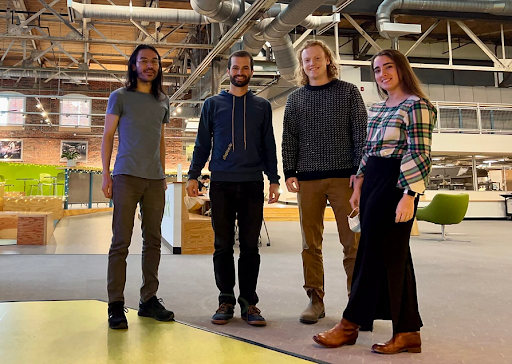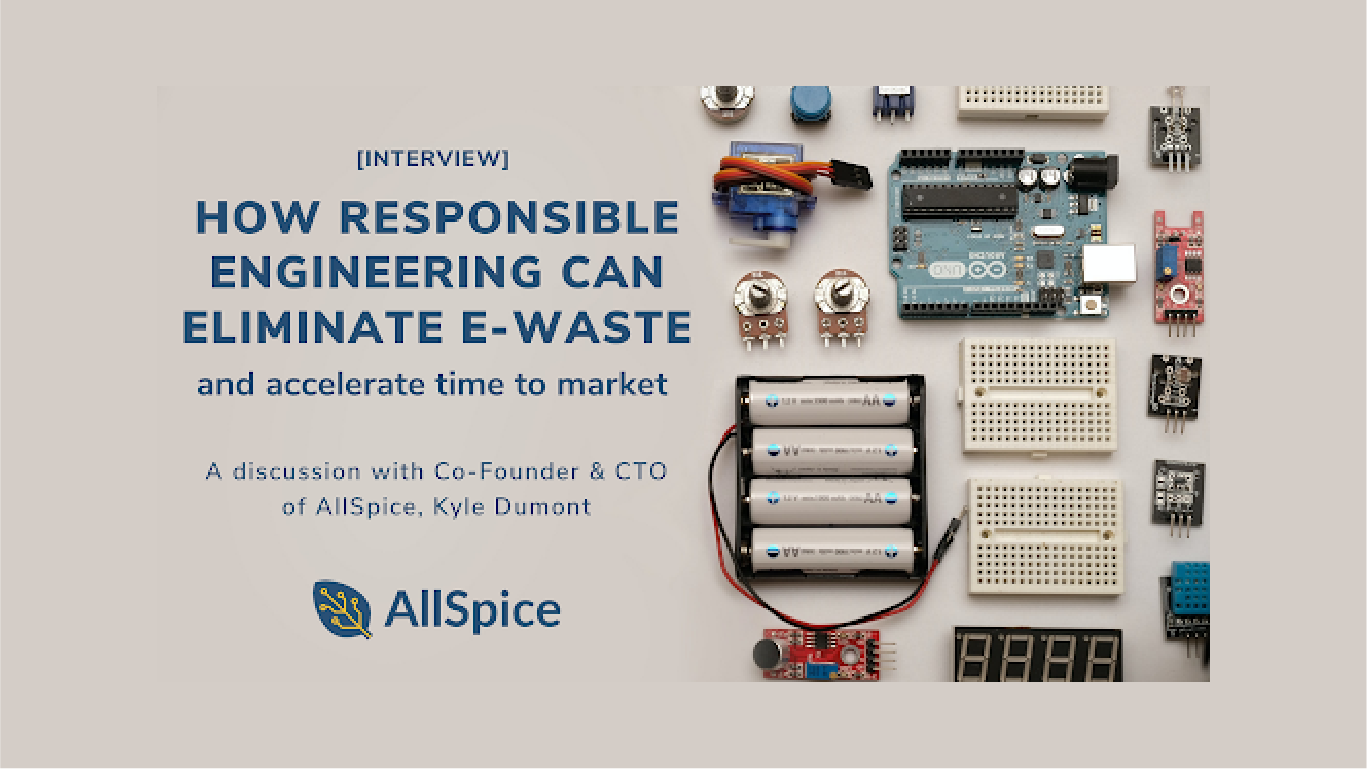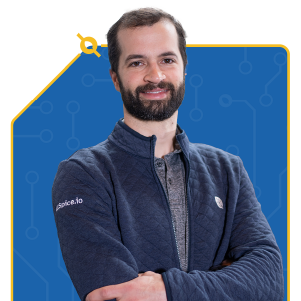What is climatech?
To me, climatech is any technology that reduces our need for destructive materials. Essentially, anything that could hurt our world. E-waste consists of precious metals and carcinogens and is very expensive to manufacture, oftentimes without sustainability in mind. Smarter engineering processes reduce the amount that these rare materials are wasted, which decreases the destruction of our climate.
It’s a relatively new term; cleantech has been used for much longer and is similar, but not identical. Cleantech includes inventions that help improve existing businesses and minimize their environmental impacts, such as water filtration or recycling.
On the other hand, climatech directly addresses climate change and mitigates it by creating a new way of doing things, such as the creation of a new industry that replaces a product with a new one that has net-zero carbon emissions. Another example would be the creation of an innovative business model that changes waste and omissions from its current state; such as removing e-waste from the hardware manufacturing process.
How does AllSpice contribute to the climatech space?
AllSpice greatly reduces the amount of electronic waste in prototyping. E-waste is a result of excessive prototype manufacturing during the design review process of electronics. AllSpice allows engineers to collaboratively review designs, ensure that they are properly working, and eliminate many of the errors that occur. Without proper revision control, the excessive production of prototypes can be thrown out in each iteration of the product’s creation.
A couple of ways that come to mind:
- We give hardware teams, company departments, and engineers the ability to collaborate in the cloud. Through digital design reviews and automated processes for analytics, AllSpice helps open the work up to teams across disparate locations, reducing the need and carbon footprint to travel to in-person reviews. This also carries over to the manufacturing side as well. Many CMs have divisions far overseas. When there’s a stronger connection and line of communication across all of those involved in the project, it decreases the number of onsite visits that are necessary.
- We also help engineers reduce the amount of e-waste they produce through a digital interface. AllSpice exists to phase out problems such as ordering parts that go directly into the garbage because they’re already obsolete mid-project. We prevent running full designs that fail because someone missed something in the design review.
How can conscious electronics design have a significant environmental impact?
Beyond rethinking the design review process to decrease the excessive prototype manufacturing and its e-waste, another way we can have a more positive impact on the environment is by rethinking how we source our manufacturers.
Just in time manufacturing can decrease E&O; obsolescence is another culprit of e-waste. If engineers can order smaller runs of components from local manufacturers, these items are being shipped a much shorter distance, requiring less fuel in transport and only having what’s needed on hand. Too often, components become obsolete mid-project, and not having to get rid of this e-waste is just as impactful on the environment as it is on the bottom line.
At what moment did you realize the role that electronics design has in producing global waste?
When I was the electronics lead on a new controller design, our project management team allocated 4x AA batteries per controller produced to meet the requested battery life for the product. When I began an investigation into the operation of the new device, I discovered that we could double the battery life of the product (and thereby halving the number of required batteries) by moving to a new microprocessor.
Initially, my proposal was rejected due to schedule and engineering risks, but by utilizing E-CAD and simulation software, I was able to convince the management team of the viability of the new design. The result was a reduction in global battery waste by 0.2%* (that’s at least 80M batteries kept out of a landfill!)
It’s also worth noting that more generally, electronics design prototyping accounts for up to 1% of e-waste. That is 0.5M tonnes of electronics, including precious and limited earth metals, like gold and copper, and carcinogenic substances such as mercury, lead, and cadmium.
How did this experience influence the founding of AllSpice?
When engineers can be fed back data taken from schematics it lets them build more powerful analytics. This allows for a greater understanding of their designs, such as the cost associated with power levels. AllSpice shows a reduction in prototype runs at about 20%. An average of 5 design cycles are brought down to 4 using our platform.
Hardware companies are often reluctant to make large changes mid-project because they are risk-averse. This is the other key piece of where we come in. Using AllSpice increases confidence and flexibility during the design process. This allows hardware companies to make these changes with far less risk. By technology not being held back, changes such as using a more efficient processor or switching out a power source that puts fewer batteries in a landfill, leaves an impact far more beneficial to our environment.
Why did AllSpice join Greentown Labs?
It made perfect sense to us. Greentown Labs is focusing on the next stage of startups in the green tech industries. We help these startups be green even in the early development of their hardware.
Greentown Labs is a climatech startup incubator – it’s the largest of its kind in North America, located in Boston. AllSpice was born in Boston, so it was the ideal city for us to remain here as we grow. We have offices there to be around like-minded startups in the community.
Although the community spans a wide number of industries, some being SaaS like AllSpice and others being physical products, we all share the common belief that climatech startups have the responsibility to find better ways to innovate than what currently exists on the market and ensure a better future for our environment.
On both the Somerville and Houston campuses, we’re going to provide free seats to all Greentown members to help further the cause that has brought this entire community together in the first place.
What’s next for the platform in terms of improving the environment?
We are extremely excited to create a future in which hardware teams can design the next generation of products we rely on and do so sustainably and efficiently.
In the future we believe our platform will approach 100% of prototype designs being completed in the cloud, completely offsetting the waste in prototype designs and even the necessary travel to manufacturing locations.
Where do you see climatech heading in the future?
EVs are having a significant impact on our environment by contributing to the general reduction of our fossil fuel reliance, and the geopolitical relationships that go with it. These new vehicle designs require between 1500-3000 semiconductor chips and hundreds of PCBAs each! Bringing these designs to market will require a step-change in how designs are managed.
There are several different areas we’re excited to help galvanize at AllSpice – EV, solar, wind, aerospace, and the emergence of a lot of advances in fusion technology – all having a very direct impact on climate. The climatech companies that are finding new ways for us to get the materials that we need to create batteries or power fusion reactors are crucial to combat climate change.
For example, the moon is an incredible source of H3, which is required for fusion power. How will we harness it? I believe the 2020s will ultimately lead to an era where Hardware is at the forefront of tackling human impact on our environment.




